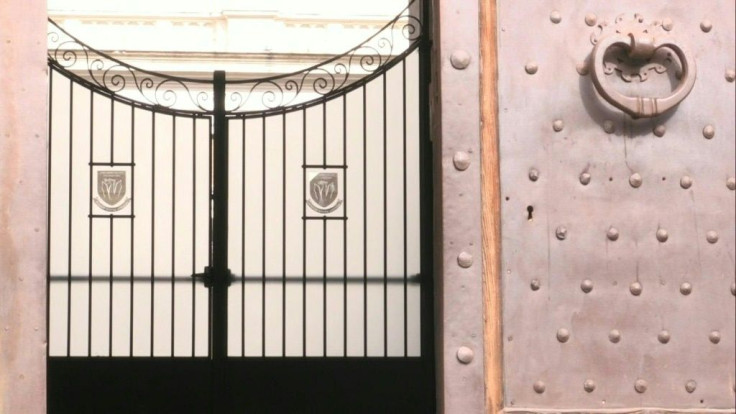Germany Raises Coronavirus Threat Level To “High,” Shuts Down Public Facilities

KEY POINTS
- Germany has shut down schools and most public facilities
- Germany confirmed more than 7,500 COVID-19 cases, along with 20 deaths
- Berlin builds new hospital to handle overflow virus cases
The Robert Koch Institute, Germany's disease control and prevention agency, raised its coronavirus threat risk for the country to "high" from "moderate."
Lothar Wieler, the chief of the institute, said the risk was raised due to a continuing increase in new infections, and warnings from hospitals and public health facilities.
As of Tuesday, Germany confirmed more than 7,500 COVID-19 cases, along with 20 deaths.
The German Hospital Federation, or Deutsche Krankenhausgesellschaft, or DKG, said about 500 people in the country are currently in hospitals undergoing treatment for symptoms of the virus.
DKG President Gerald Gass said this figure is expected to triple in the coming days.
The institute further warned that the coronavirus pandemic could last two years – depending on how quickly a vaccine emerges and how many people become infected, recover and then build immunity.
The German government warned all citizens not to leave the country and, in fact, avoid any non-essential travel.
However, given that thousands of German travelers are stranded in foreign countries, German Foreign Minister Heiko Maas said about €50 million ($55 million) will be spent to bring them home on repatriation flights. The government has arranged for airplanes to fly back Germans from Morocco, Dominican Republic, the Philippines, the Maldives, and Egypt.
Some 4,000 and 5,000 Germans are currently stranded in Morocco.
Maas described the mission as a "Luftbrücke" – using a Cold War term used during the famous Berlin airlift of 1948.
"We must prevent other German travelers from getting stranded abroad. For this reason, we decided from now to warn against all tourist travel," he added.
Germany has also closed schools across much of the country, increased border controls and restricted public assemblies. Companies in Germany have been asked to allow their employees to work from home if possible.
The state of Bavaria has declared an emergency and closed all leisure facilities and restricted the activities of restaurants and cafes.
“There have never been measures like this in our country before. They are far-reaching, but at the moment they are necessary," said German Chancellor Angela Merkel. "The more individuals stick to these rules, the faster we will get through this crisis.”
German president Frank-Walter Steinmeier urged the public to "stay at home.”
"We have to work together to ensure the virus spreads as slowly as possible," said Steinmeier. "So wherever possible: stay at home. Avoid close contact... and have understanding for all restrictive measures."
Meanwhile, the Senate in Berlin has passed a plan to construct a 1,000-bed hospital to cope with an expected spike in virus infections. The Bundeswehr, the German armed forces, will be used to help build the facility, which will treat many of the most serious cases in the country.
The facility will be located in the Berlin Messe trade fair exhibition grounds in the Charlottenburg-Wilmersdorf district.
The Senate, which is the executive body for the city and state of Berlin, specified that the new facility will only be used if other hospitals are overrun with too many patients.
"This measure complements the well-positioned Berlin hospital system to deal with possible bottlenecks," said Berlin Health Senator Dilek Kalayci.
She added that other Berlin hospitals will increase their services to treat coronavirus patients who require ventilation in intensive care.
Berlin alone has confirmed 332 coronavirus cases. far.
© Copyright IBTimes 2024. All rights reserved.




















